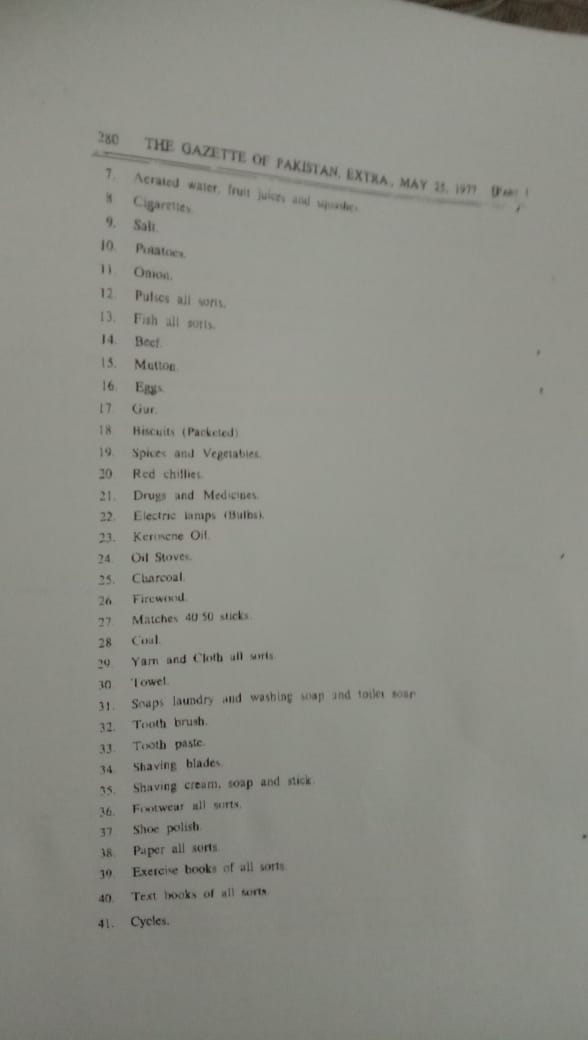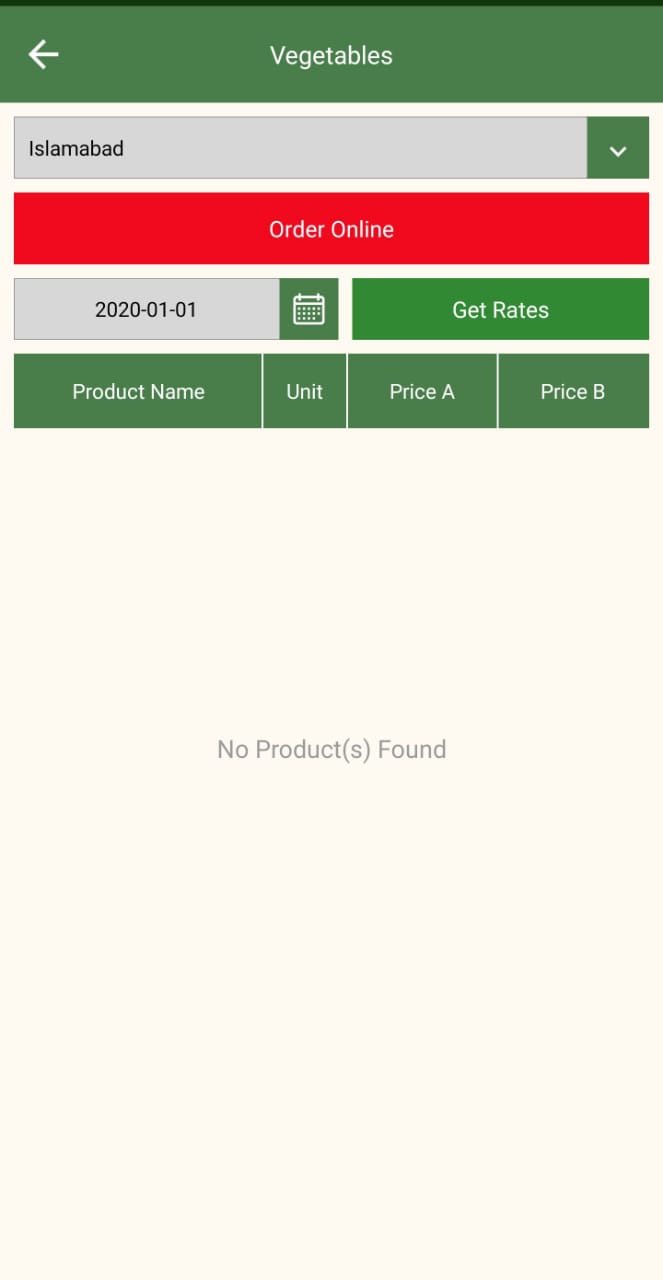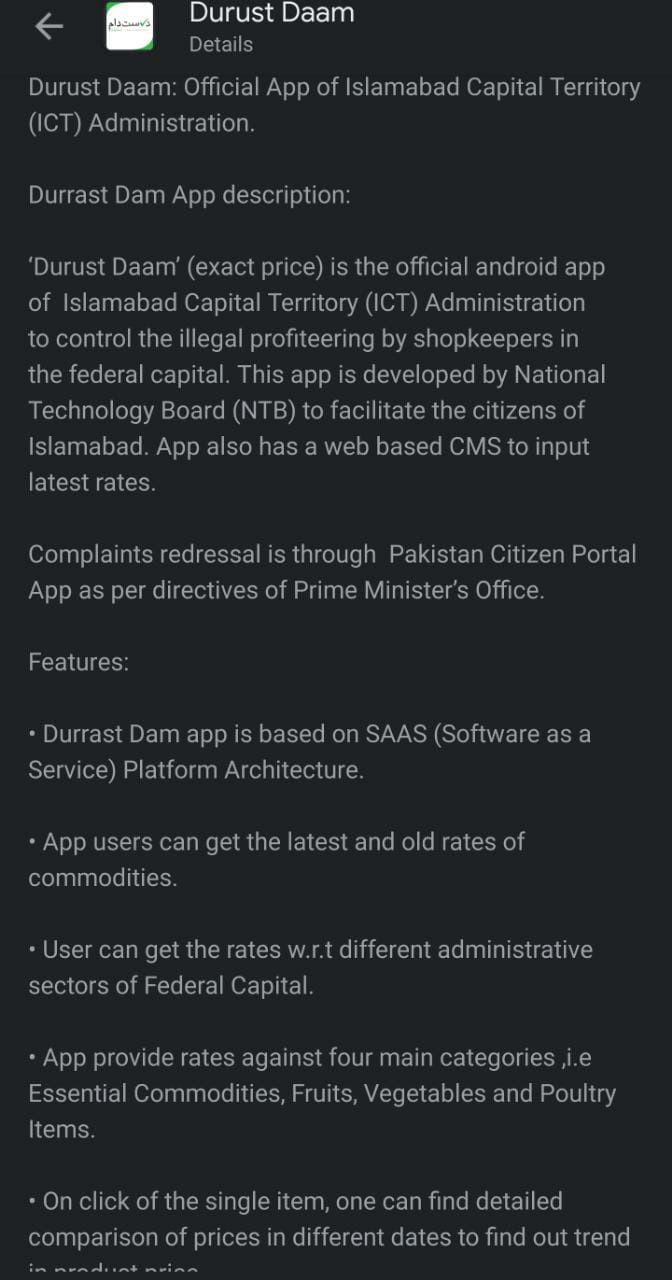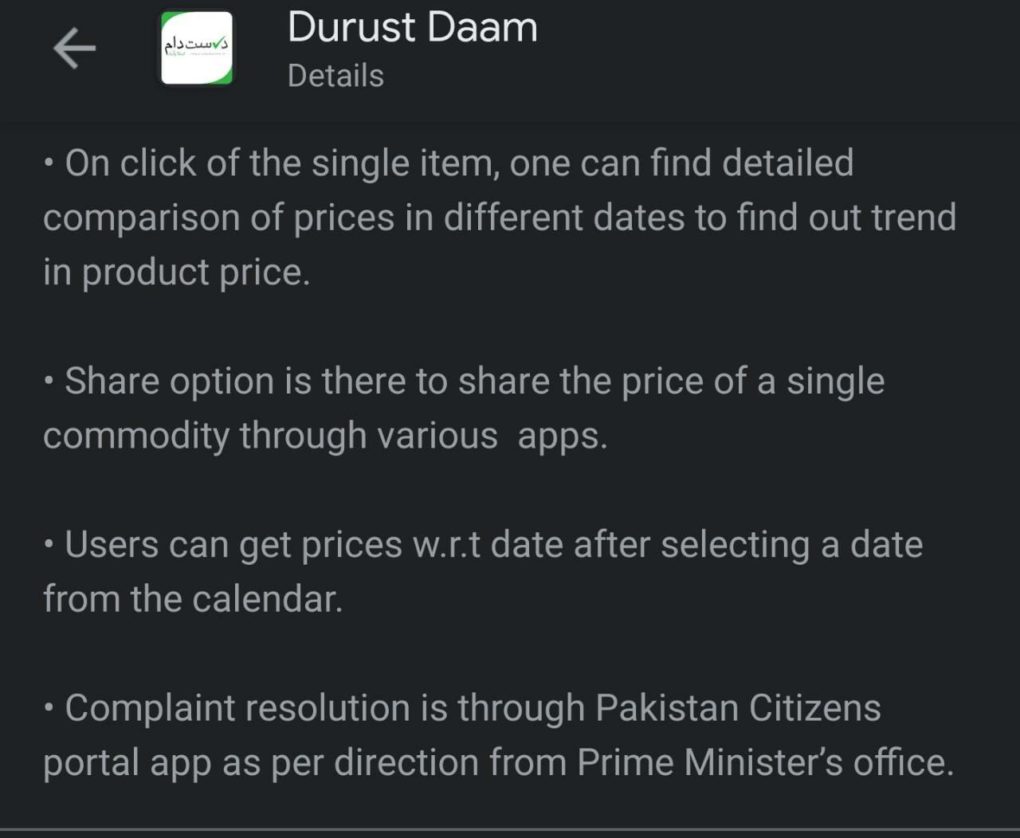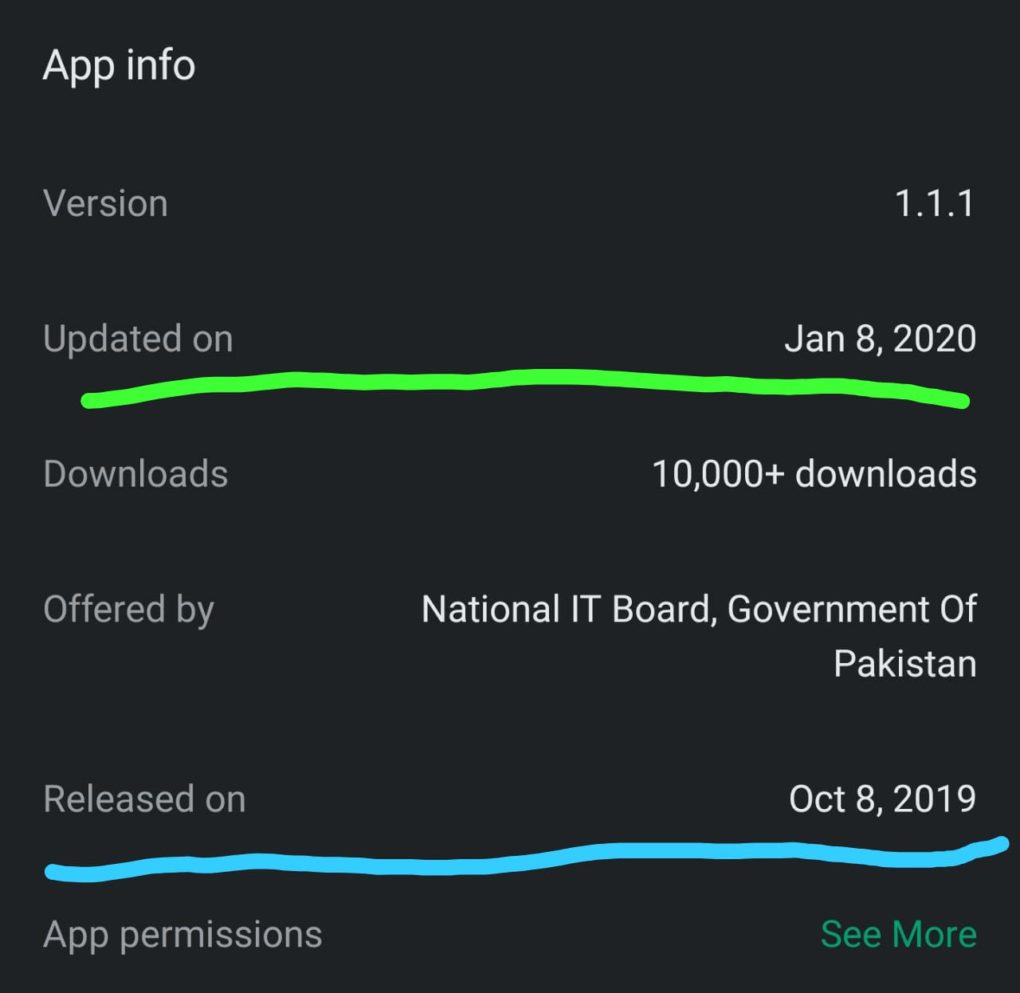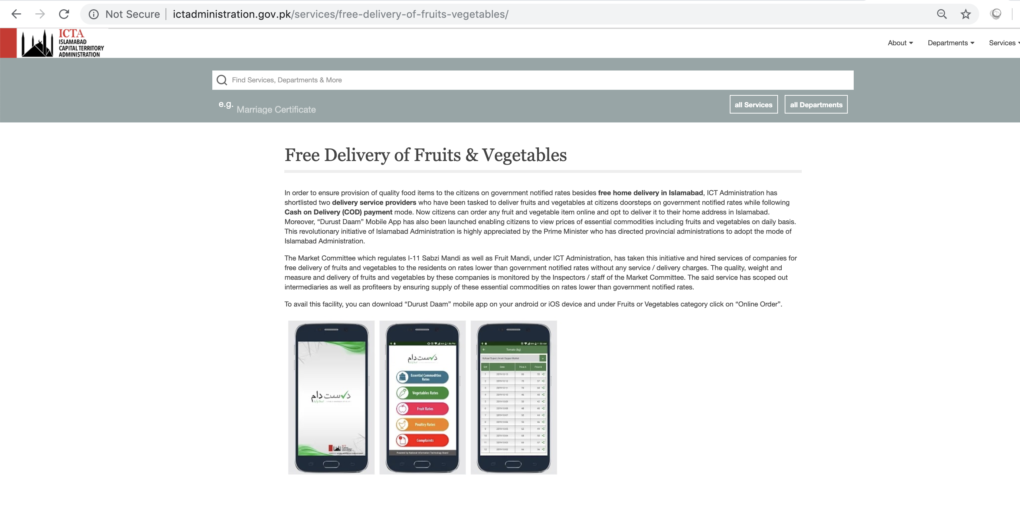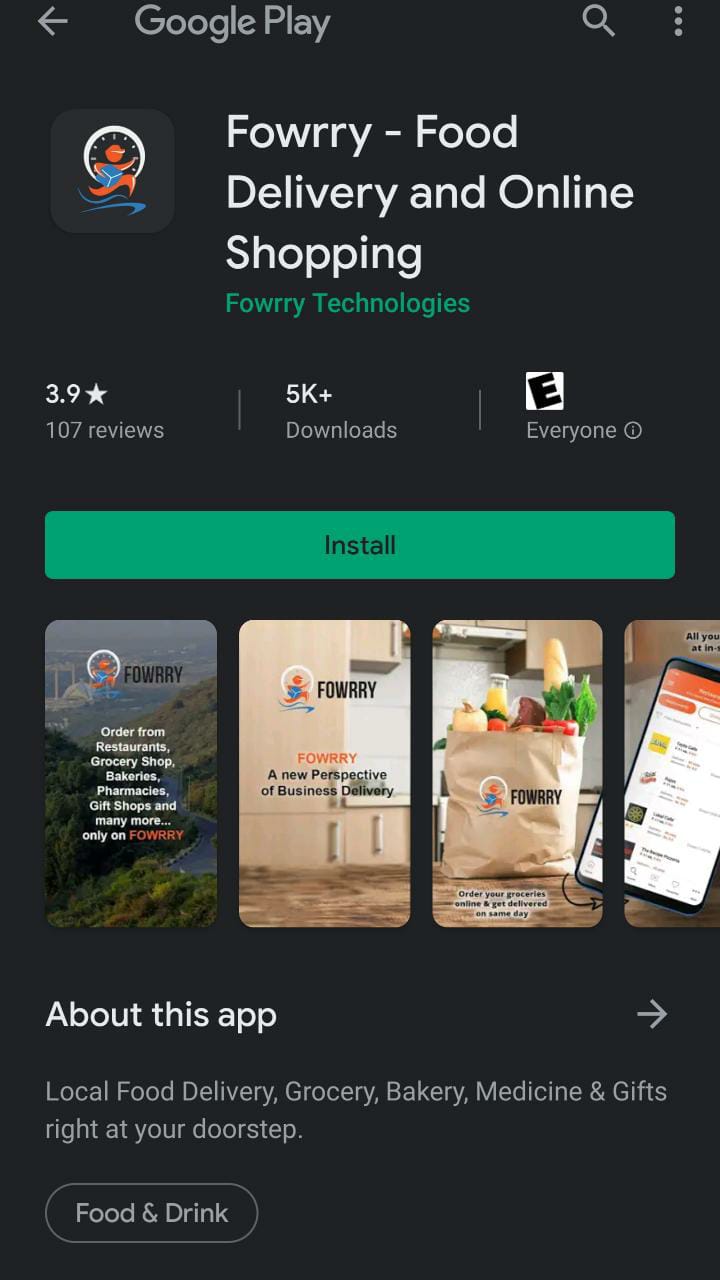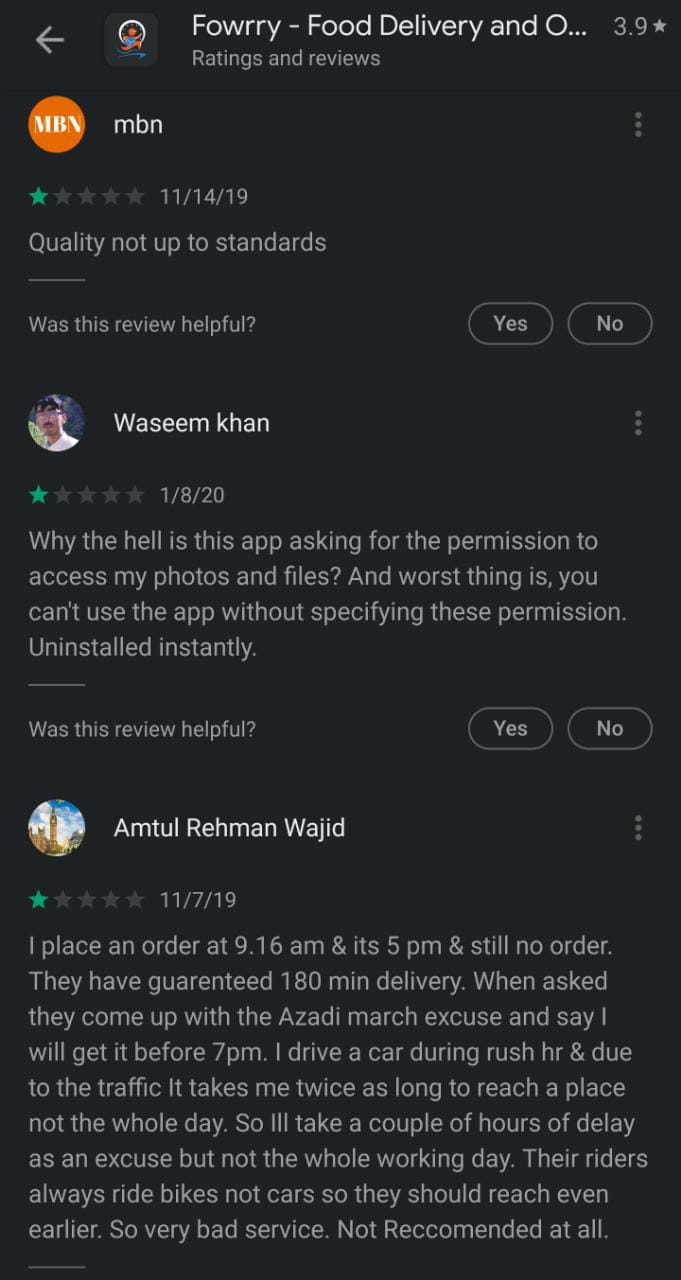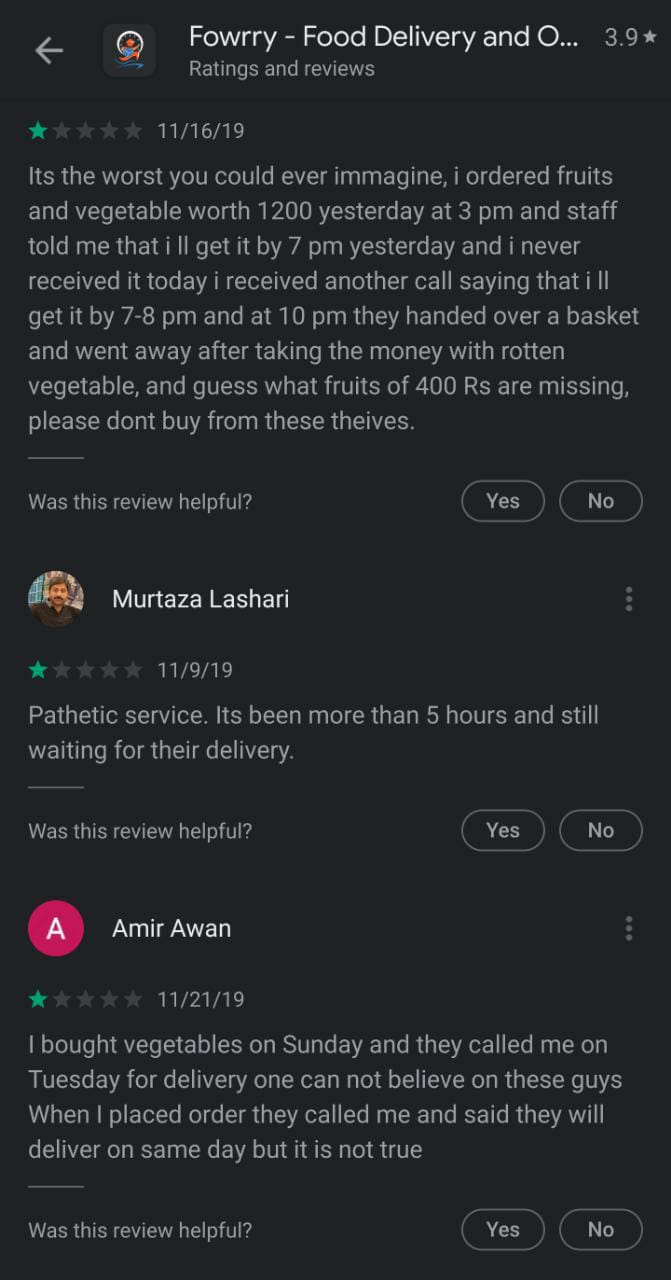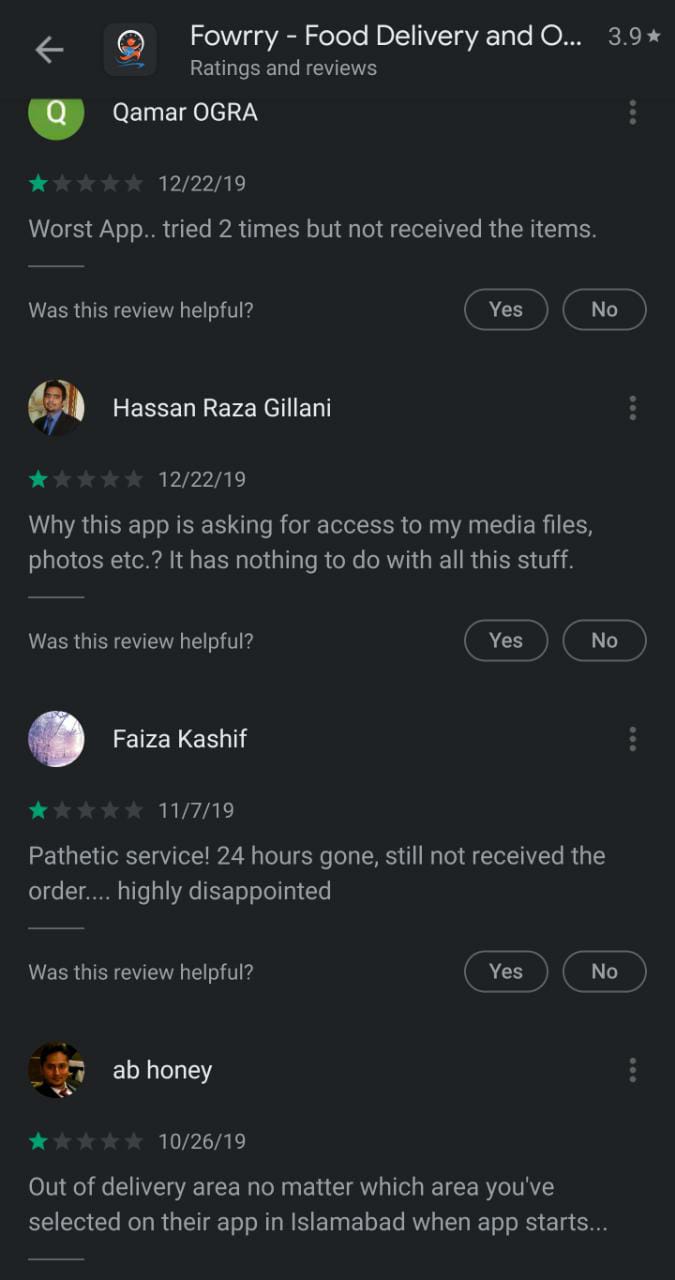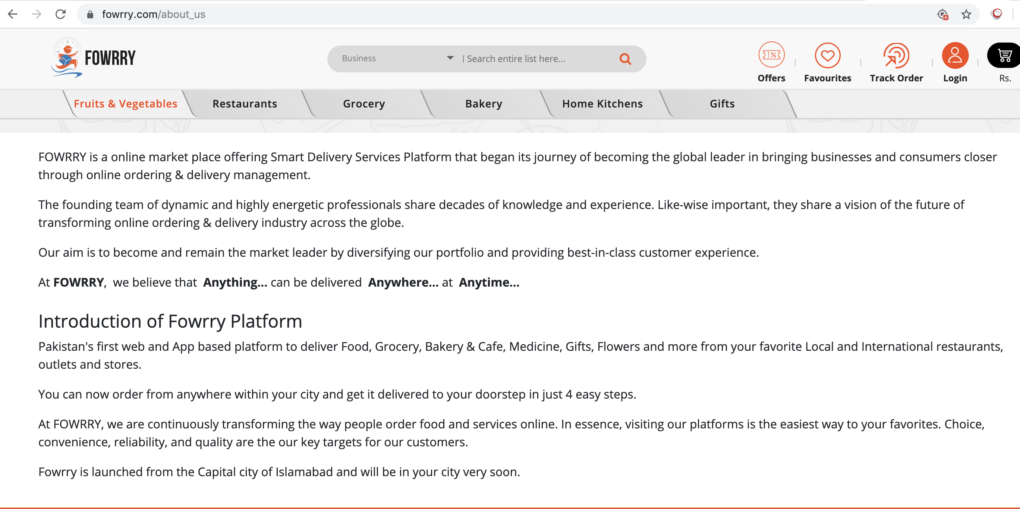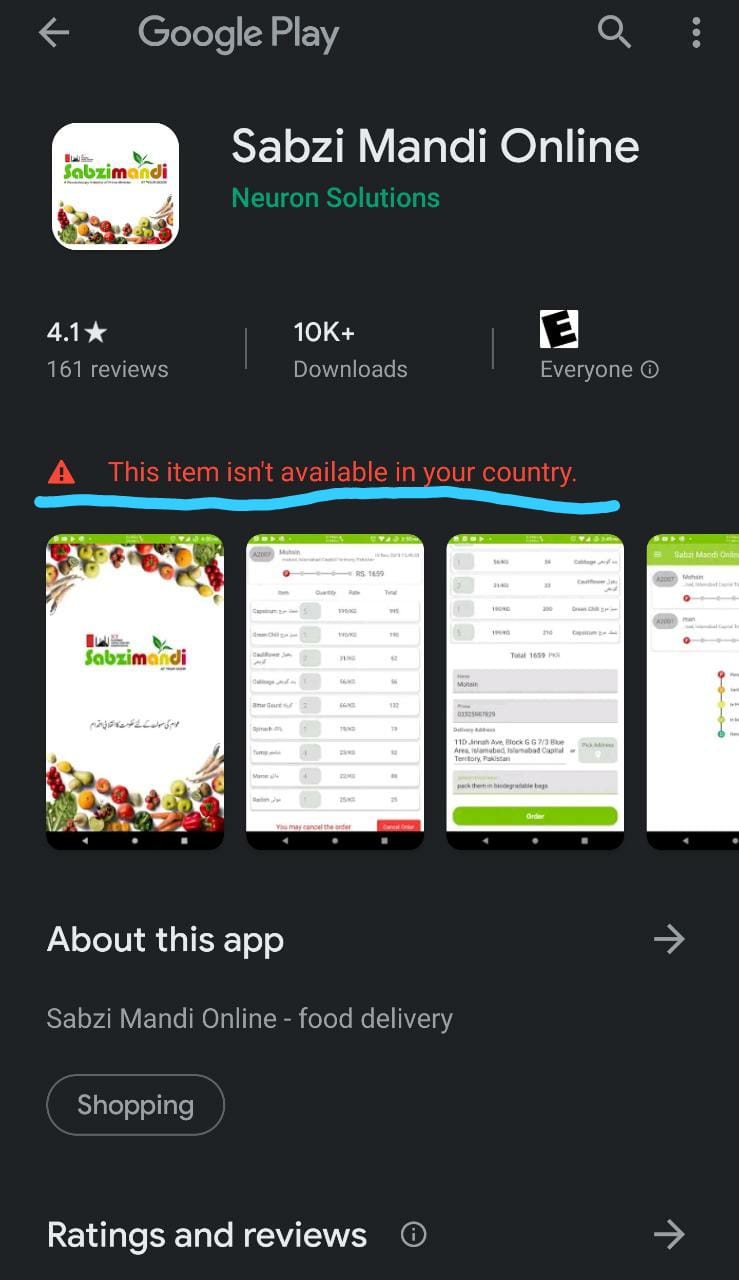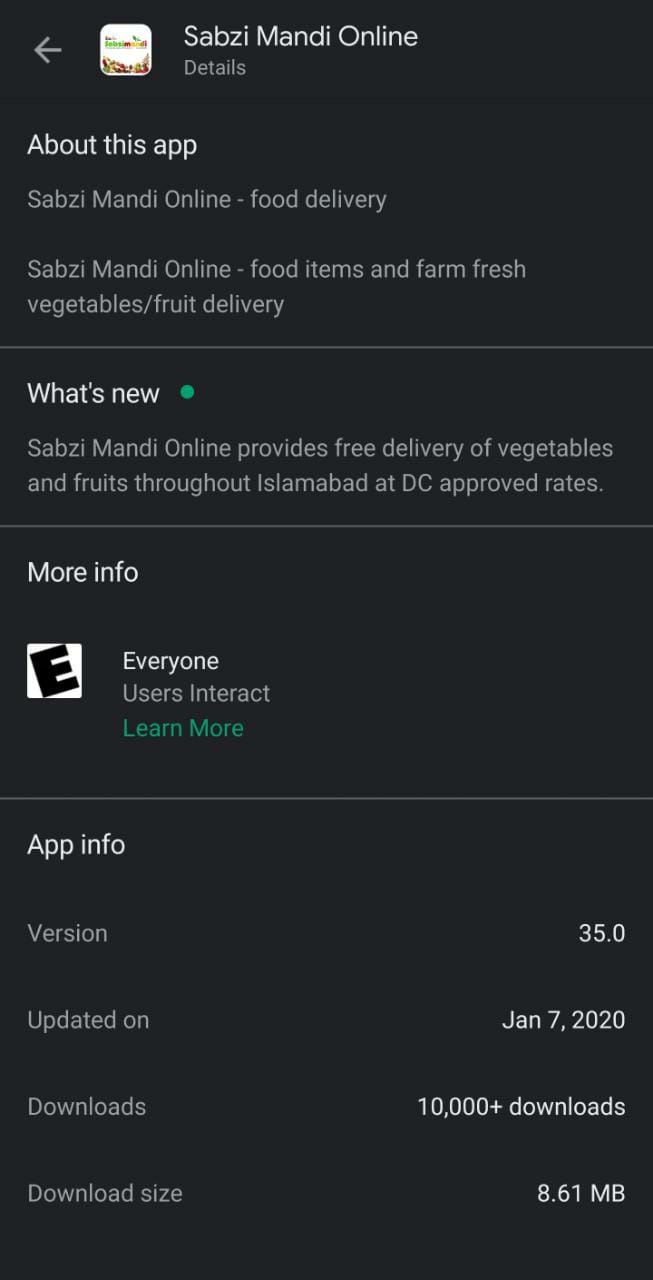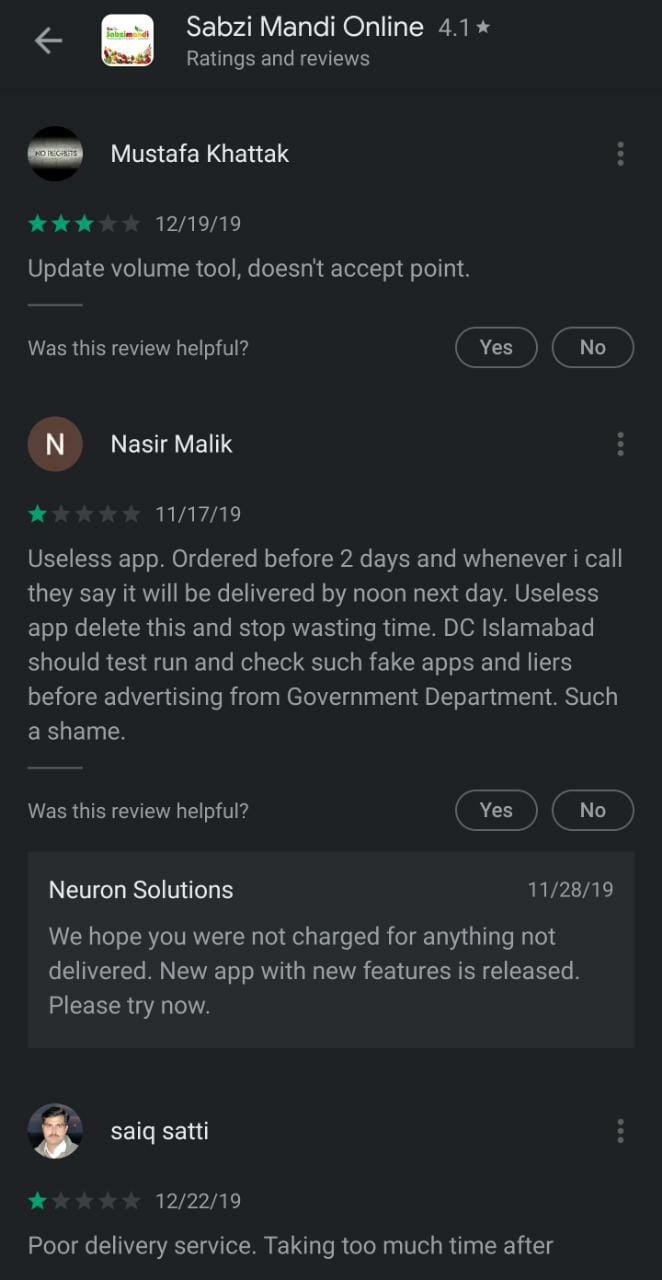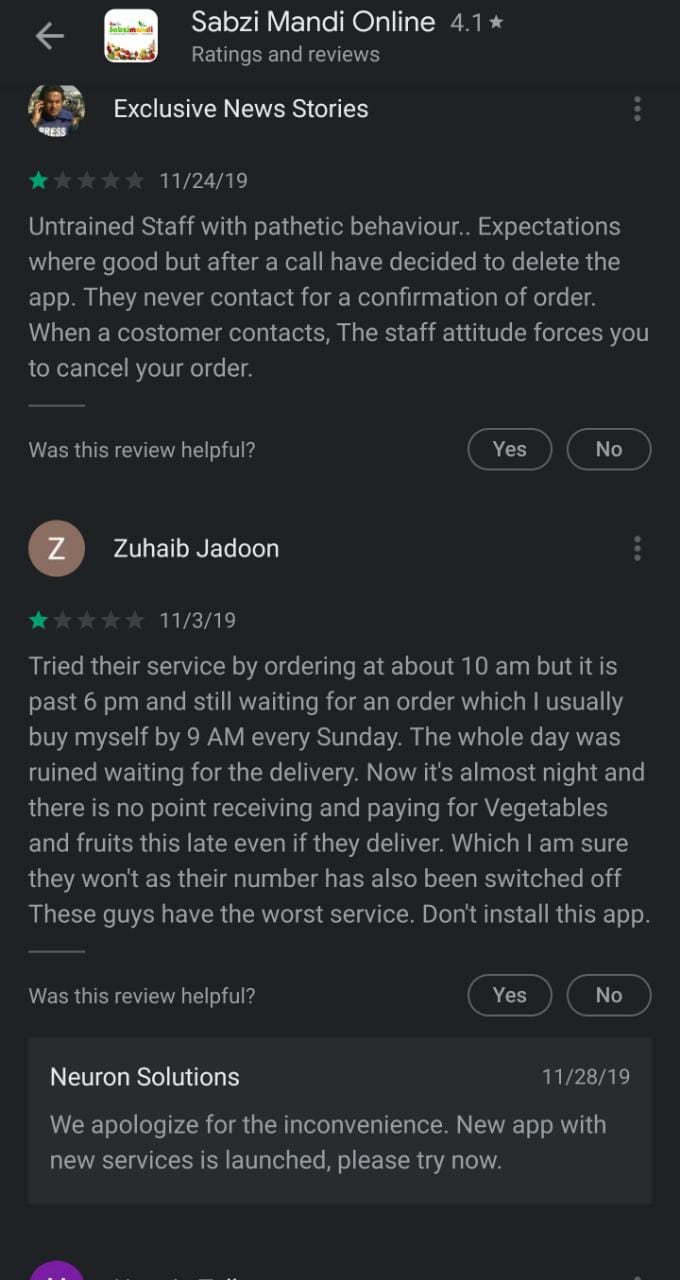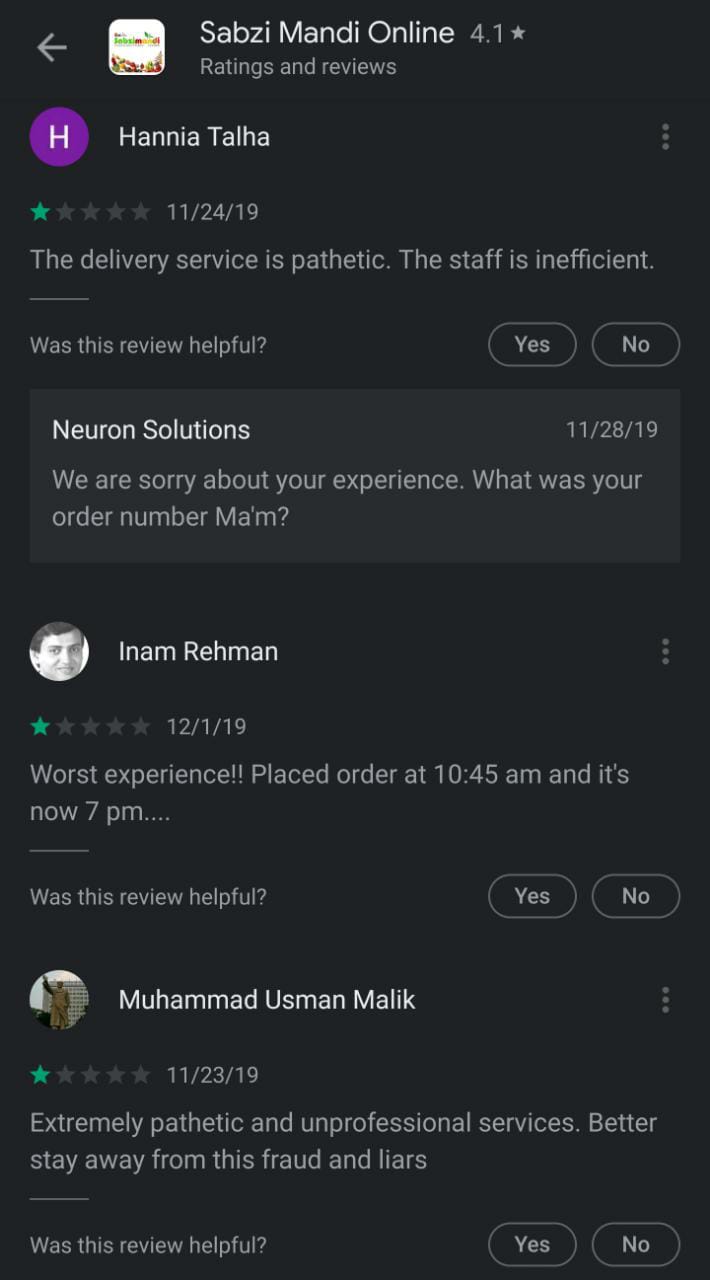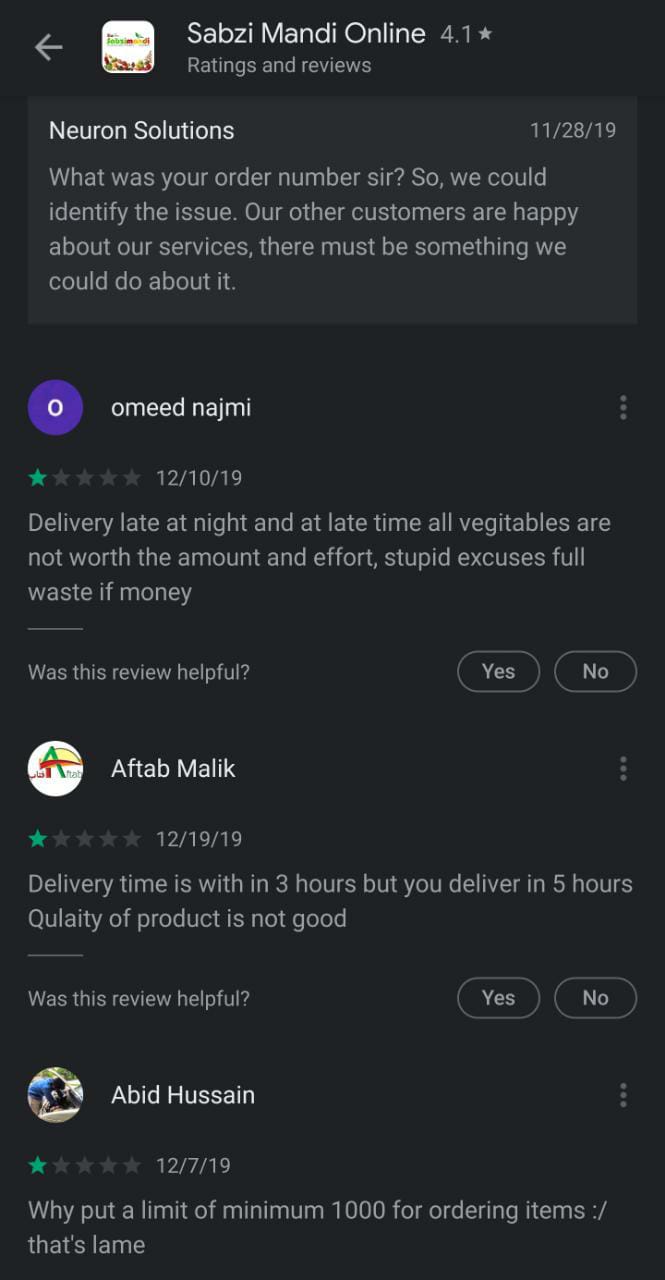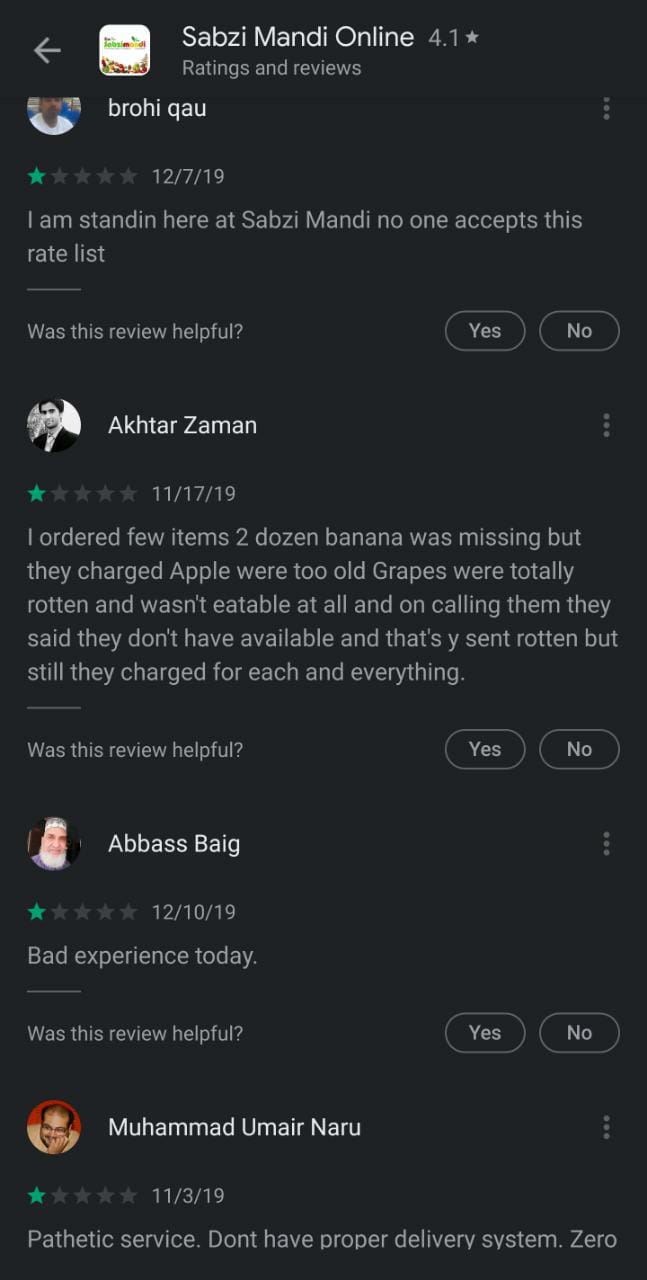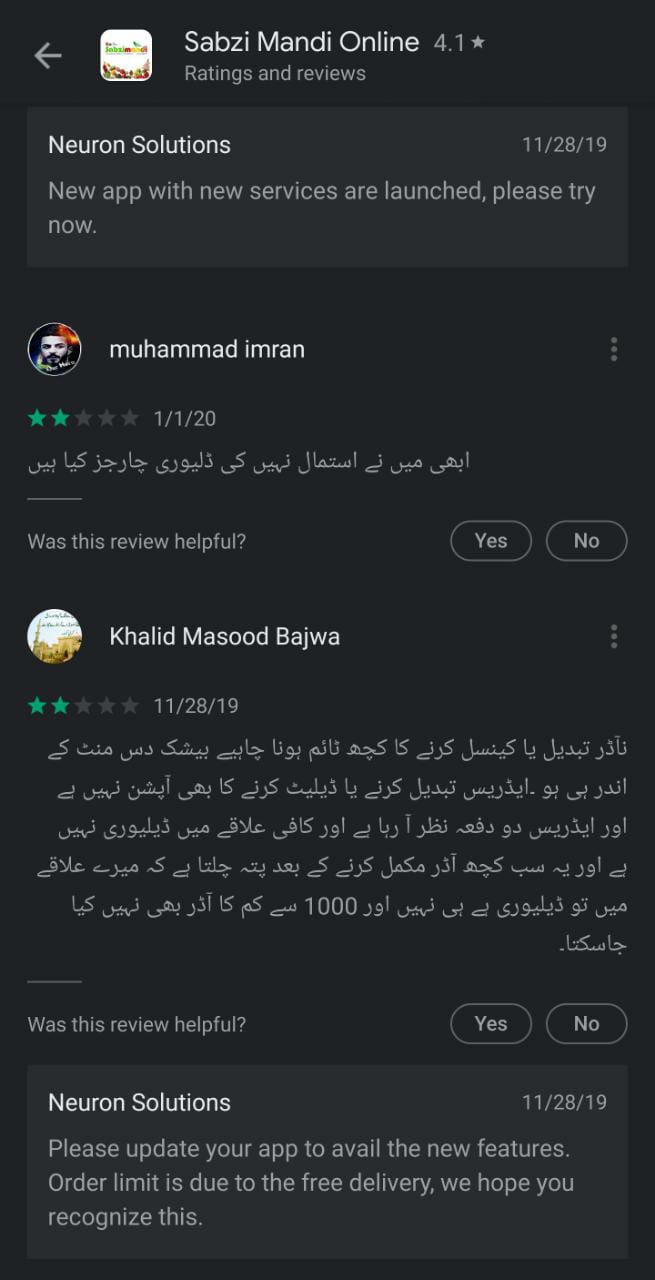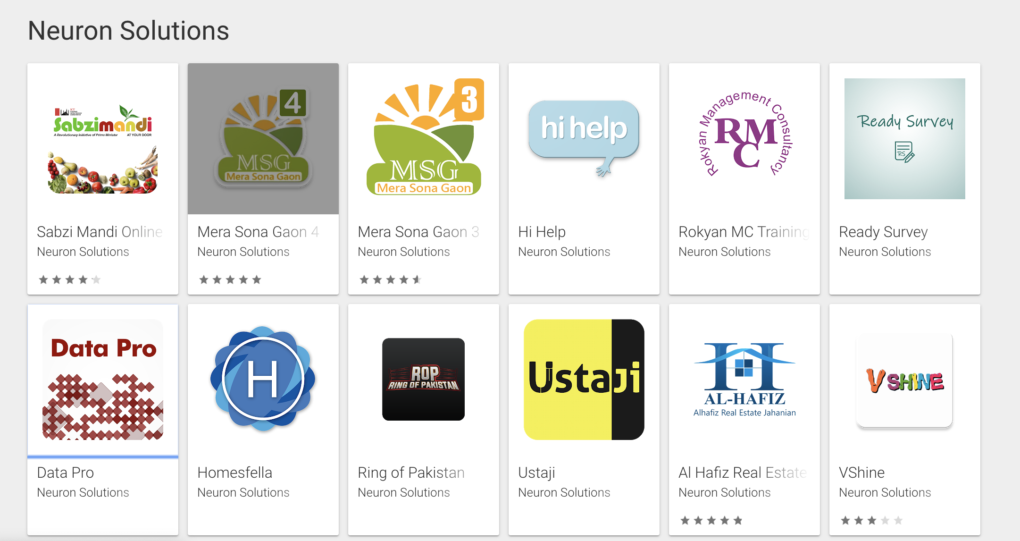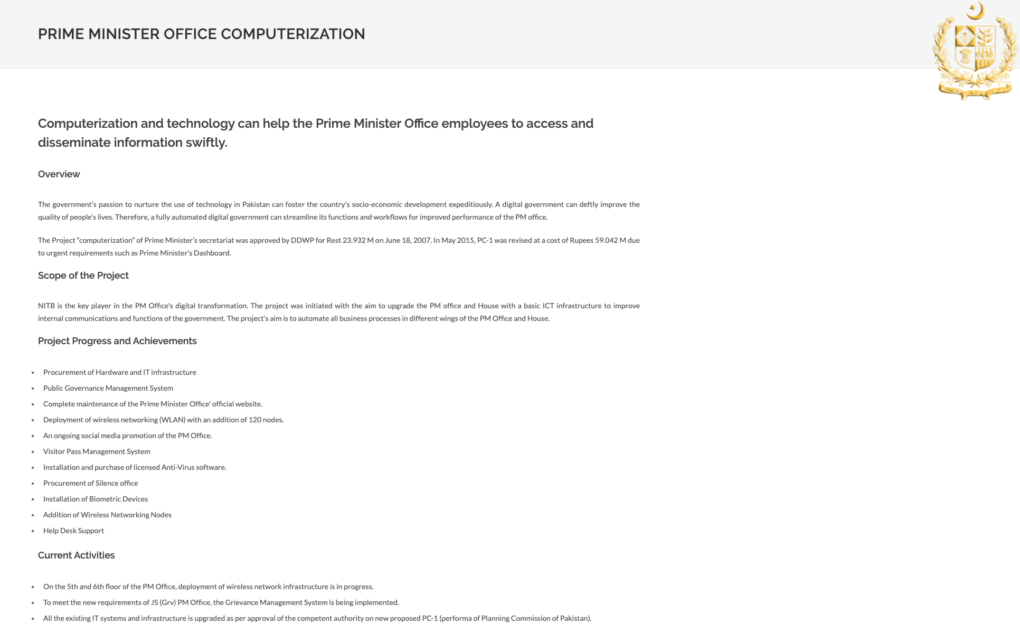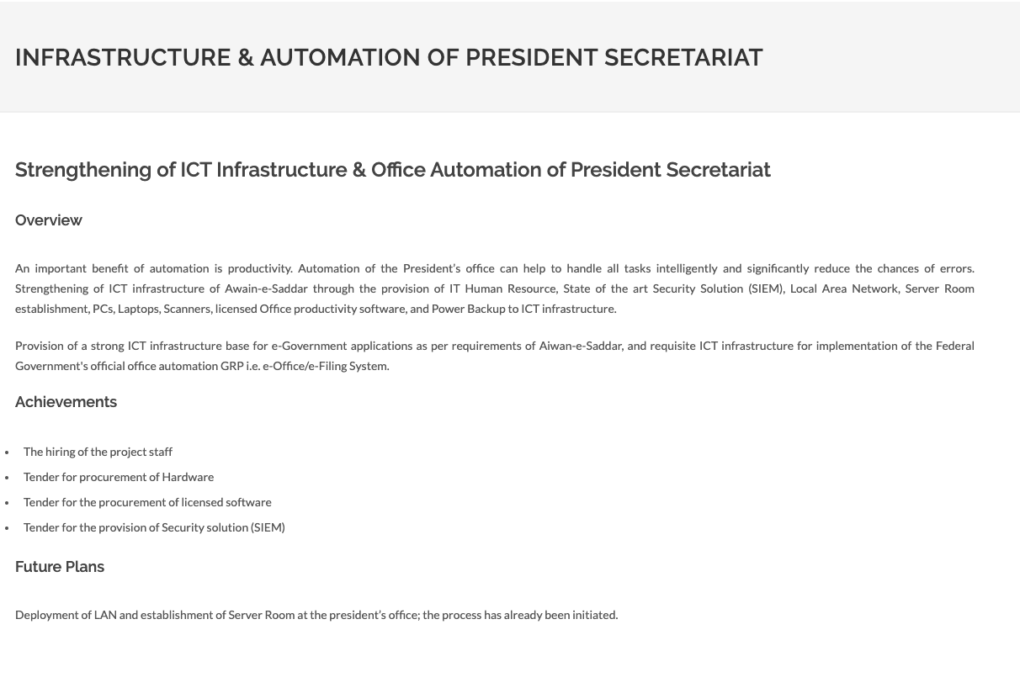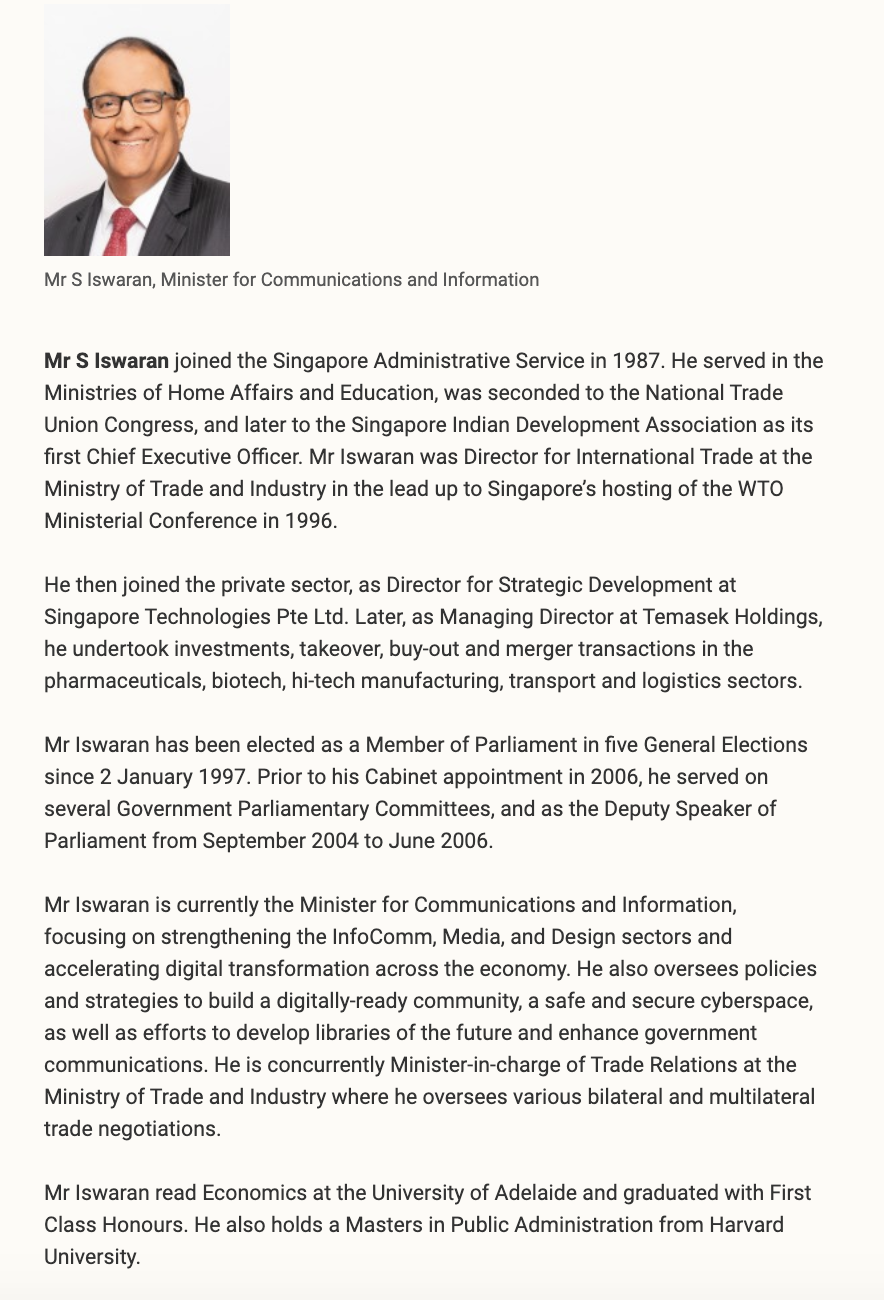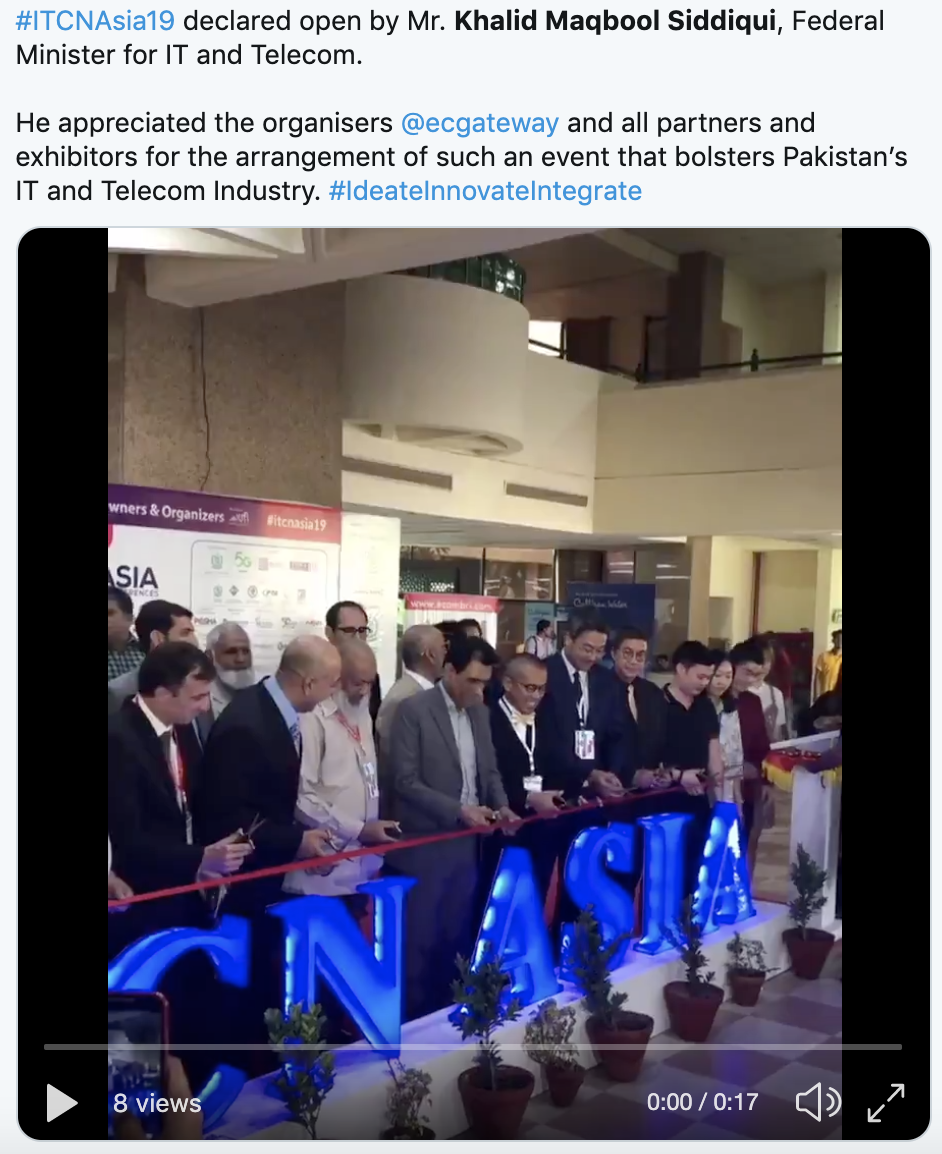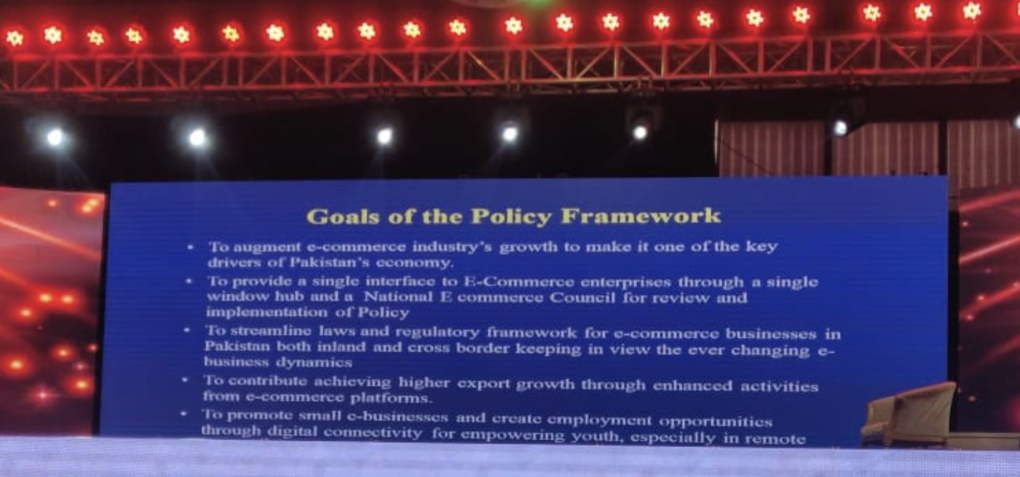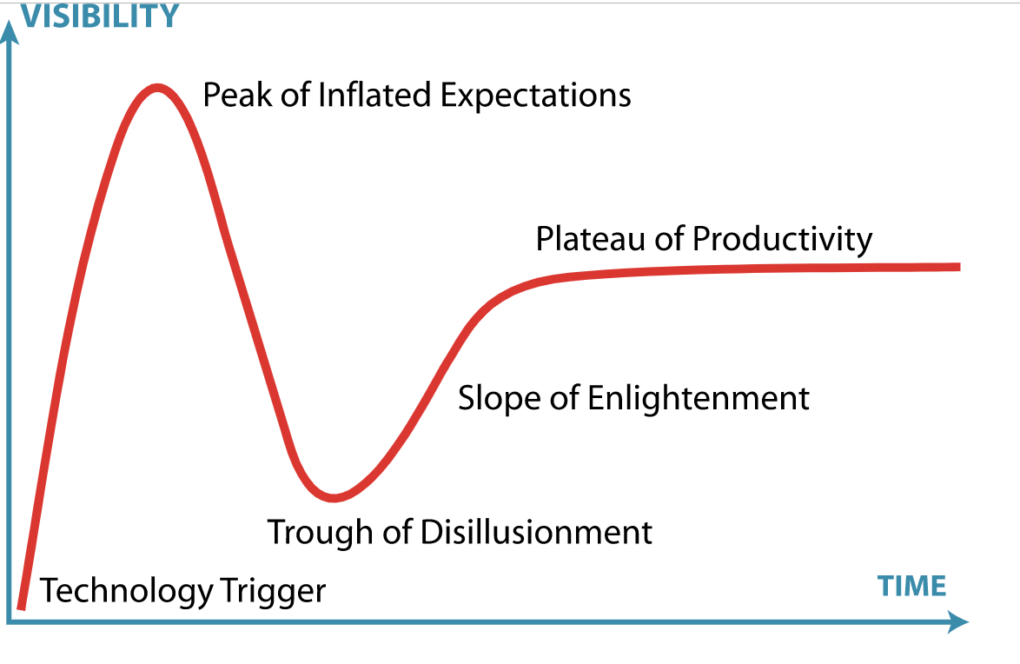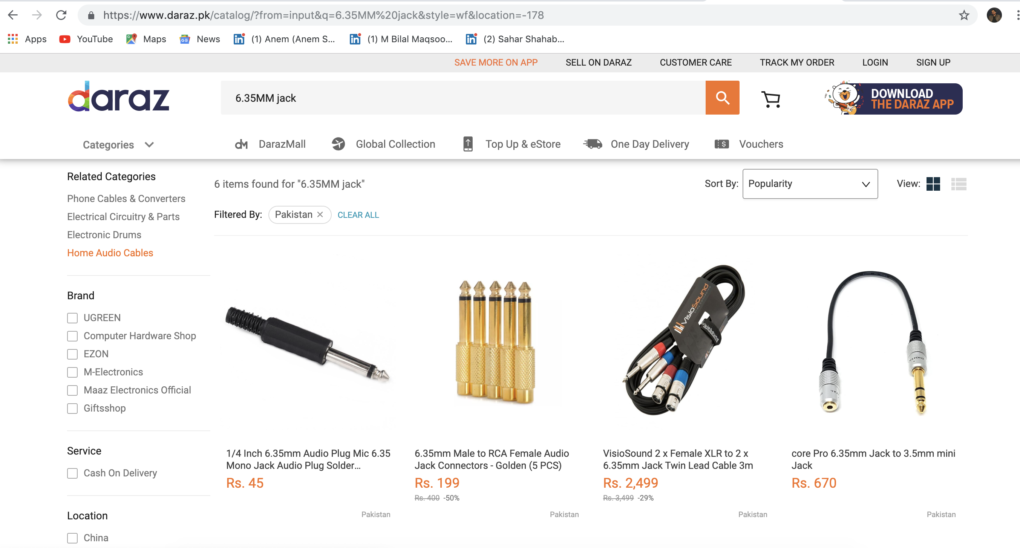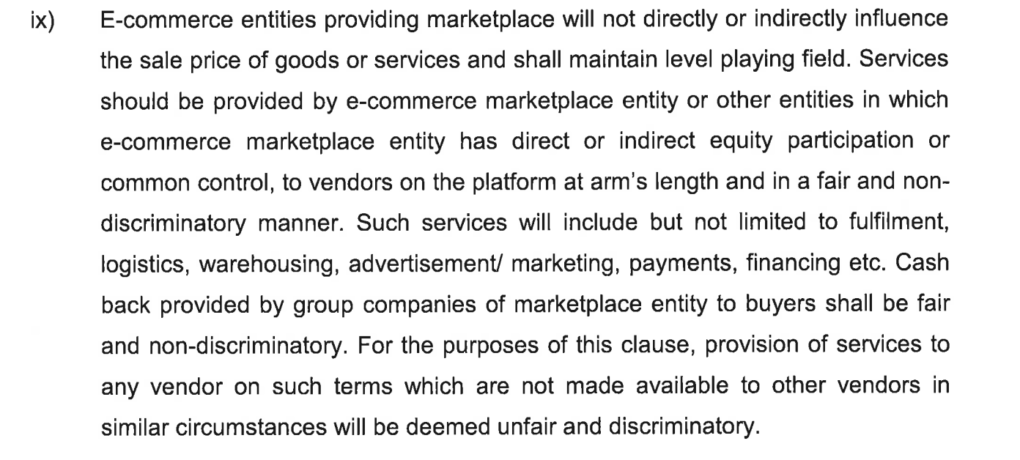Every ones home and will be for the foreseeable future. Most things humans want or need to survive must find its way to them. Businesses are realising the true need for Digital First. Not applying new models to old physical only data sets. Not just for optics but for survival. Direct2People (D2P) is the digital and physical model of engagement, If you can migrate your product, your services your business to a one to one engagement + delivery channel you have won. The ones that identify, curate, capture and build on LMD(Last Mile Data) will emerge victorious. Not all have the infrastructure to own this space, but those who can, will.
The Only Mile that matters is the one that brings every thing to the end user. You have to build to capture the Data that flows in this mile to your advantage as well.
Some things that will be the new normal, in the given situation will be the emergence of C&D2Consumer (Cloud & Dark every thing to Consumer). In Pakistan it may be a first, in the region it may be an expansion route, given a host of this had already started on the Dark aspect of fulfilment. Globally not many can still do it profitably because the end economics was fuelled by VC $ and a limited path to monetisation. COVID has had a sobering affect to all that fuel. Given where fuel prices are perhaps a naturally intertwined phenomenon.
The Opportunity | Gali Ki Dukan AKA Corner Store
Dark is our friend, with social distancing and crazy queues every where, there are many ways to ride this opportunity. Instead of building at-scale dark stores and going crazy investing in the physical realm, the fastest most scalable way is to build a fulfilment co-op. Meaning “you” become the order taker, but you use an army of nation wide stores to be hyper local. Doing D2P deliveries to folks in their neighbourhoods. Since no one is coming to the store, shutter down and convert it to a small scale fulfilment center. Be the best value adder for that conversion. But before any of this, the corner stores need a smart phone and connectivity and accurate SKU information (yet an other opportunity). Content is king in most realms and before you can take orders or sell to any one, you need to have content against which to sell. This is a multi tiered opportunity, it is an opportunity for the FMCG + CPG brands to get off their rear ends and focus on delivering content, like they deliver goods via distribution to the retailer, and also act now to have a mechanism to see order flows + volume info being fed back. Many areas to solve for here, startup worthy in each piece of the value chain. From fixing manual order taking, from generationally defeatist value eroding distribution models that “with hold” cash from the market and bad payment cycles. All can be solved for by increasing the bottom line for all and increasing employment and sustainability in crisis mode. None of this will be easy. If it were easy every one would be doing it.
The Opportunity | Local Advantage
FYI, don’t wait for a Careem or a FoodPanda to come and solve for it, they are struggling to pivot in moving from ride hailing to grocery hailing to rashaan hailing to “just use our Gig economy workers/our daily wages guys who we are now calling heros”. Sadly who really aren’t full time employees so we must band together so our Mckinsey esque financial models driven by VC cash can start making sense again for the investors. That can wait. We have the established players like Imtiaz, Naheed, Chase, Jalal Sons, Al-Fatah, Utility Stores, CSD, Rainbow Cash and Carry, Carrefour , Metro and a host of others. Yet no one is organised beyond the today, beyond making hyper profits based on stretched supply and crazy demand. No one is looking to invest in core infrastructure. The likes of Carrefour opening store fronts on other E-com players sites also shows their lack of readiness and actively enabling future competition by handing over their order data, fulfilment and Last Mile Data to the Chinese, today. Talk about not learning from Amazon. That has systematically copied what its sellers were selling. A must read if you haven’t already. So whats the opportunity? Its to invert the funnel away from the market place player(s) and go towards establishing your self as the DarkStore. You already have the product(s) you just need to enable sensible order taking, a marketing push and a stellar customer experience where people dont have to line up three hours in a store. Further you have got to learn how to build subscriptions and use it to your advantage on being the offline groupon when you go negotiate with the FMCGs and others better than just todays expected demand in growth. Banks will be your friend if you can show pre-booked demand. As an example, Imtiaz has been at it since 1955 as a kiryana store, legend has it the now owner, went to Singapore in 1978 and saw the Al-Mustafa Store and successfully replicated the model. Whilst that model has clearly given them scale, its very localised and not a billion dollar scale, for example they don’t even have online ordering in any compelling format. Yet across the Pond, FB invested 4.9BN$ in JIO telecom so that they could mobilise access to Whatsapp for full-filling orders via reliance retail (JioMart) to potentially 400M Indians and bringing 30M Small stores online. I am sure there are many other things that underpin that deal, but that is the potential of having the right retail channel and systems in place today so you can exploit explosive growth from adjacent industries, like in this case from Telecom or Social Media. We are missing the boat on getting started on this journey, the time to act is now. Regionally Talabaat also got in to Dark Stores in Dec 2019 in Kuwait, arguably the population the size of Bath-Island in Karachi, but it validates the model if done right. So what is missing? In my view its strategic growth capital. To make all this work you need lots of it.
The Opportunity | Reforming of the Know-IT-All Bank & their Sponsors
Banks who have been miserably un able to digitise any thing in our fair land should work with established players(those who have 1 set of books) or get into funding those, who can convert/build out dark stores using existing infra and take a bet on them. There is only so much asset backed lending you can do. Need to move away from real estate to retail fulfilment and fund the future. What are Banks doing as we speak? They are making a pretty penny on taking free money from SBP and forwarding it as payday-loans to SAITHS, (Super Ancient Incoherent Totally Haemorrhaging Second-generation) businesses who do not have resilience and want government handouts and also don’t have the moral courage to pay it fwd into the businesses that made them wealthy in the first place. Interestingly enough, just looking at some basic of Bank Shareholding, we should have had at-least a few rising to the occasion given their trading/wholesale roots and familiarity. But this also tells a sad tale of how control is exercised under the guise of open market economics yet a few groups/families/Saiths, as is universally true also, control the destiny of Pakistani businesses quite incestually. But there is hope some may actually turn out to be more progressive than their founding fathers and go beyond the rent-seeking industrial complex. Our challenge is our opportunity. Some already operate in organised wholesale locally and internationally, yet have done nothing to inspire confidence locally. Thus for those who have capital, what a time to make a true opportunistic move and make a killing, because these banks aren’t setting up venture funds any time soon or promoting things they don’t know. They have been talking about it, but zero execution. Sadly the pretend VCs in the organised sectors as bad as the Banks because they havent been able to figure this out either. Most are hired help/front for other peoples money/other saiths, aid groups and families.
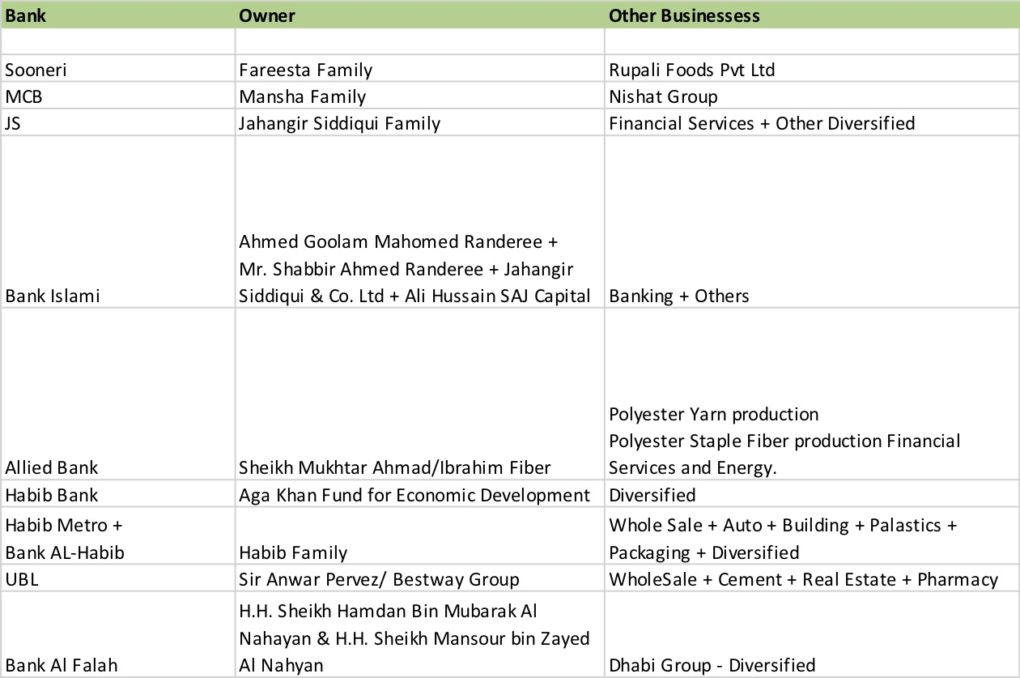
The Challenge | Lack of Real Expertise, Talent & Desire to Change
We continue to lament as a nation of what could have been had x happened or y happened, time to move past that. We need to try doing things because COVID has happened and like it or not, there will be mass lay offs. Our bread and butter industries like textiles in the export sector may see net growth, post people looking for non-china origin global supply chains, but in the short term a lot of damage has already been done. We need to up-skill an entire generation and scale up a host of existing businesses technically, or create new models that are digitally supported and build on a remote working/dis-aggregated DNA. The poster child employers of the yesteryears that solely relied on 1000s of helping hands and dirt cheap labor have a new reality about to hit them. We need to have massive dis-intermediation that needs to happen from Agriculture, Real Estate, State-Owned Infra and Sitara Power. So that new models can be tested rapidly and built out. The Challenge will be to convince those who have access to capital + those who have access to data + those who have access to logistics infrastructure to come together in a meaningful way, all under-pinned by world class technology driving the commerce + trade in the D2P space.
The Reality | Don’t Let a Dark situation Cloud your judgement
Take the example of restaurants, from the corner dhaba that feeds its locality to the ones in the urban and sub-urban areas of the country. Are all closed, the real estate going to waste, all the traditional ABL(Asset Back Lending) has come to its knees if no one can use the asset or make it productive. What will happen when the banks/foreclose on say a restaurant that had leveraged its real estate, well it cant be put to use any time soon as no ones coming out for the foreseeable future. So what good is a paper weight asset to the bank any way? Enter cloud kitchens, maybe start aggregating all the loans you have to restaurants and get them to work together to retain their brands and Launch A Cloud Kitchen. Similarly all the industrial/commercial real estate that will become available can be used to retrofit to get in to the dark store model nation wide. Some one has to start having these conversations to preserve value for the Banks Shareholders and to give a non aid economic injection to the country. Due to a lack of talent , skills and expertise we traditionally keep on going back to the same. This time around though the reality is different, a lot of mergers will happen for those who have cash to fuel them, a lot of banks will loose their shirts and aggregation of banks is eminent also. Telcos need to figure out how they will participate in this NEVC(New Economic Value Chain) Local Heros are already emerging, they need help with scale. Some one must evaluate how they will lend a hand to the explosive growth that will come in new segments especially in the D2P. This new economy will also need Dark Warehousing, not controlled by Pathan Loan Sharks Masquerading as Private equity.
Don’t Wait For | Digital Pakistan to happen, instead make it happen
Whilst the DigitalPakistan initiative has its heart in the right place, there is too much chaos in the bureaucracy and too many vested interest for it to really have any short term strategic impact and any long term policy shift to help digital businesses be any better off.
Simply:
1. Bureaucracy doesn’t let things move
2. Lack of Implementers and directionality for DigitalPakistan.
3. There is more focus on pleasing the powers be & getting visibility than on work
4. Sharing re-purposing India + Vietnam Google decks will only fool so many people so many times
So how do we over come this, coupled with a really poor business environment? We must stop kidding our selves and raise issues to the Razak Dawoods and Hafiz Shaikhs of the world, point them in the direction of structural changes that are necessary vs the mafioso lobbies that are busy getting exemptions and handouts. I don’t think our appointed custodians have accounted for the lack of trust in the system by founders and regulatory systems in both directions that will contribute to the slowing down now and in the post COVID Pakistan. How can a system prosper where people are spending more time in compliances than innovating and growth? These authorities abound in the name of Tax, SECP, SBP, EOBI, PRA , SRB and the list goes on and on. DigitalPakistan should focus on helping businesses go Digital By removing the menace of incompetence or corruption or both when dealing with the sate by bringing transparency, or a new body to regulate digital business and its controls and taxation. People have traditionally loved for govt to do and be in every thing, because people want more and more subsidises, govt schemes in the name of development. They want everything : education, health, employment, communication, infra, defense, security from govt. The result is increase in the number of ministries and a bureaucracy bursting at the seams and no net new innovation. Digital must mean that these traditional shackles are removed and that the those who have been appointed to help get visibility to start helping. Currently the old lobby and mafia has all the headspace and air time of RD and HS. Shout out, raise your voice, collectively be heard to drive change. If you keep quiet, DigitalPakistan wont make a bot to verbalise your internal feelings and flag it as important and send to the power be. The channel you have that your parents didn’t is digital, with a government that largely keeps score online now is the time to bring the fight to them online, esp since you are sitting at home thinking if you will have a job in 2 months.
Some Missing Ingredients | Life Ka Operating System
Whats to come? Micro-mobility, payments, grocery, public transit and inter-intra city with social distancing factored in for all the above. Except it’s an expensive and most days a difficult cake to bake yourself. How this is packaged, super app or not, is any ones guess, is it needed? For sure.
Does it need some serious infrastructure plays to be enabled.
100%.
Who will do it?
At some point in time external consolidation Capital. Till then any one who can put the most pieces together will win. Don’t forget, in the D2P space the biggest thing that will drive change and growth will be payments. For all the Dark Stores, Cloud Kitchens, Last Mile Data and Analytics, if people cant transact, the scale will for ever be linked to access to paper money.
So whats a basic guide to try and build & execute this?
1)Let small merchants like shopkeepers, street food vendors, tea sellers etc. accept payments on any SBP/Approved/Linked National Payment Gateway app like without needing to download those apps (so that they can also participate in your Dark Stores/Cloud Kitchens)
2)Build, borrow, copy or steal a mechanism to bring trust. One way to do it is to ask merchants for their mobile number and CNIC to generate a VPI (virtual payment Identifier) on behalf of the merchant and encoding that in the QR code (whilst documenting every one and creating trust)
3)Provide merchants an app to track their transactions. Again, nothing really novel here. But it has to be frictionless, audio or less than smart phone enabled also.
4)Deploy and use other peoples agent networks, co-monetize them to reduce your CAC so that as every ones home but wants services they can digitally engage and pay at some level. This is the toughest part, it sucks to manage remote/large field agent work forces in Pakistan. COVID wont make it easier but it may allow for attitudes to change when there aren’t enough jobs to go around. Be ready to harvest other peoples workforce.
5)Merchants do not pay transaction fees with CASH so fee-based business models will never be viable in Pakistan. So how does one plan on making money? Lending, of course . Take a page from AntFinancial which they have yet to make work in Pakistan.
6)How this works is, making small ticket loans to merchants underwritten by your transaction data delivered through directly via offers in the app. Also have plans to sell insurance, invoice discounting and other services down the line. What this gives you is a tax/revenue treasure trove and drives every one to documentation over time.
7)Since traceability is going to be such a big thing and already beginning to be large, there is both profit and karma in making this data searchable, it can only be searchable when it moves to cashless.
8)Given FB isn’t coming to PK any time soon nor is whatsapp opening its API for payments or order-taking, Googles NBU being powered by Indian hegemony, think of the next best thing, use this time when people are home to drive them to an alternate mode of communication. TV Advertising is your friend, every ones home. Learn from VEONS class act of a blunder on how not to do a super app.
9) Im not for govt or sitara intervention but perhaps use this down time for some colossal shift in messaging. For example the less than known G42 in Abu Dhabi that seems like an AI Power house is a thinly veiled psyop funded by petro dollars that controls ToTok has some examples for those willing to put national interest ahead of every thing else and learn some new tricks besides how to increase the value of a plot in 24.8043° N, 67.0577° E.
10) Invest in Tech. But remember Tech ≠ McKinsey
Theres a lot to be done, some sequential some parallel, but to do any of it, a strategic game plan is needed. There are many missing pieces, therein lies the opportunity. Whats your D2P Strategy? Do you even have one?
“Hope is not a strategy.” Vince Lombardi



